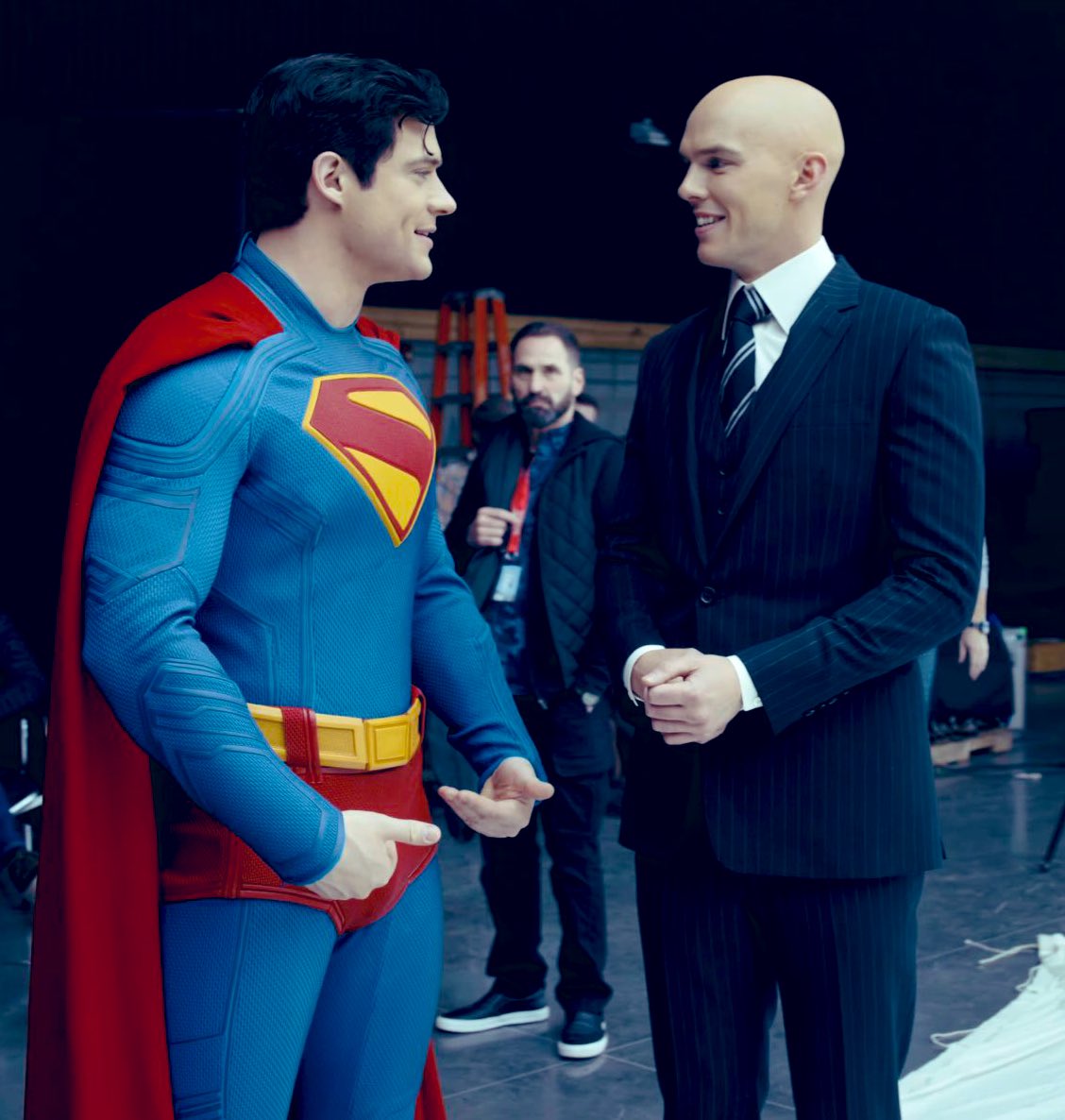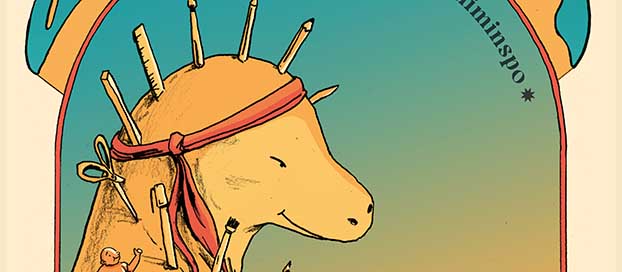In a revelation that has left the entertainment industry and viewers alike reeling, the UK government has admitted to holding information on its influence over storylines in fictional television programming. This bombshell, confirmed through Freedom of Information (FOI) requests, has reignited fears about the use of entertainment as a vehicle for state-sponsored messaging—a concern that now feels more urgent than ever
The UK Government has confirmed it holds information about influencing storylines in fictional television programming.
This won’t come as a surprise to many.
There has long been evidence of government collaboration with UK TV production companies, including mainstream soap… pic.twitter.com/HcEKQhCEO7
— Lewis Brackpool (@Lewis_Brackpool) April 10, 2025
A Disturbing Admission
The news broke during a candid discussion between Nate, host of the popular YouTube channel Mr. H Reviews, and independent UK journalist Lewis Brackpool, known for his podcast The State of It. Brackpool, a tenacious FOI advocate, recounted how his recent request to the Department for Culture, Media and Sport uncovered that the government does indeed possess records of collaboration with TV writers and production companies on key public messaging—yet those records remain withheld, allegedly to avoid prejudicing public affairs.
For years, whispers of government influence in British TV have circulated, often dismissed as conspiracy or paranoia. But with this official admission, the lines between fiction and state messaging have never felt more blurred. The implications are chilling: beloved soaps and dramas like EastEnders and Coronation Street may have served as subtle platforms for government-endorsed narratives on issues ranging from public health to climate policy.
Support or Control?
This revelation comes as the UK government floats a controversial streaming levy, a so-called “Netflix tax” that would siphon a portion of streaming subscription fees to fund British TV production. According to the Commons’ culture, media and sport committee in a report this week, the major streaming services such as Netflix, Disney+ and Apple TV should be forced to pay 5pc of their British revenues into a fund that would then be used to finance distinctively home-grown programmes.
If they don’t agree to do so voluntarily, then the Government should make them pay up. While supporters argue the levy is essential to preserve national storytelling and cultural identity, critics worry it could further entrench government influence over what stories get told—and how. With traditional TV license subscriptions plummeting, the government’s push into the streaming sphere raises uncomfortable questions about its motivations. Is this about supporting a struggling industry, or about maintaining a grip on the narratives that shape public opinion?
 MPs have recommended a tax on streaming services such as Netflix, which screened hit series Adolescence and Prime Minister Sir Keir Starmer is pushing to school children
MPs have recommended a tax on streaming services such as Netflix, which screened hit series Adolescence and Prime Minister Sir Keir Starmer is pushing to school childrenJournalism Fights Back
Brackpool’s work underscores the vital role of independent journalism in holding power to account. His use of FOI requests—a tool available to every citizen—has forced a conversation that many in government and media would prefer to avoid. As Brackpool noted, these requests are often stonewalled, with authorities citing public interest as a reason to keep the truth under wraps.
Yet, the very fact that such records exist—and are being withheld—should concern anyone who cares about the integrity of entertainment and the freedom of the press.
A Pattern of Propaganda
This is not the first time the UK government has been accused of using media as a propaganda tool. Declassified documents from previous decades reveal a pattern of “positive information campaigns” and direct collaboration with broadcasters, including the BBC, to amplify government-approved themes during times of crisis1. The current situation feels like a modern extension of these tactics, adapted for an era when streaming platforms rival traditional broadcasters in reach and influence.
Public Backlash and the Future of Storytelling
The fallout has been swift. Viewers, already weary of overt political messaging in sports and entertainment, are voicing frustration at what they see as the politicization of their favorite shows. The risk is clear: as trust in media erodes, audiences may turn away from British productions altogether, seeking out content untainted by government agendas.
Yet, there is hope in the transparency that discussions like Nate and Brackpool’s bring to the fore. Their willingness to shine a light on these issues is a reminder that vigilance and open debate are the best defenses against manipulation. As viewers, it is essential to remain vigilant and critical of the content we consume, recognizing the potential for manipulation and the importance of preserving the integrity of entertainment as a space for genuine storytelling.
The entertainment industry now faces a critical juncture. Will it double down on these gross, cozy relationships with government, or fight to reclaim its independence and the trust of its audience? The answer may determine not just the future of British television, but the very soul of its storytelling around the world.
****



















 English (US) ·
English (US) ·